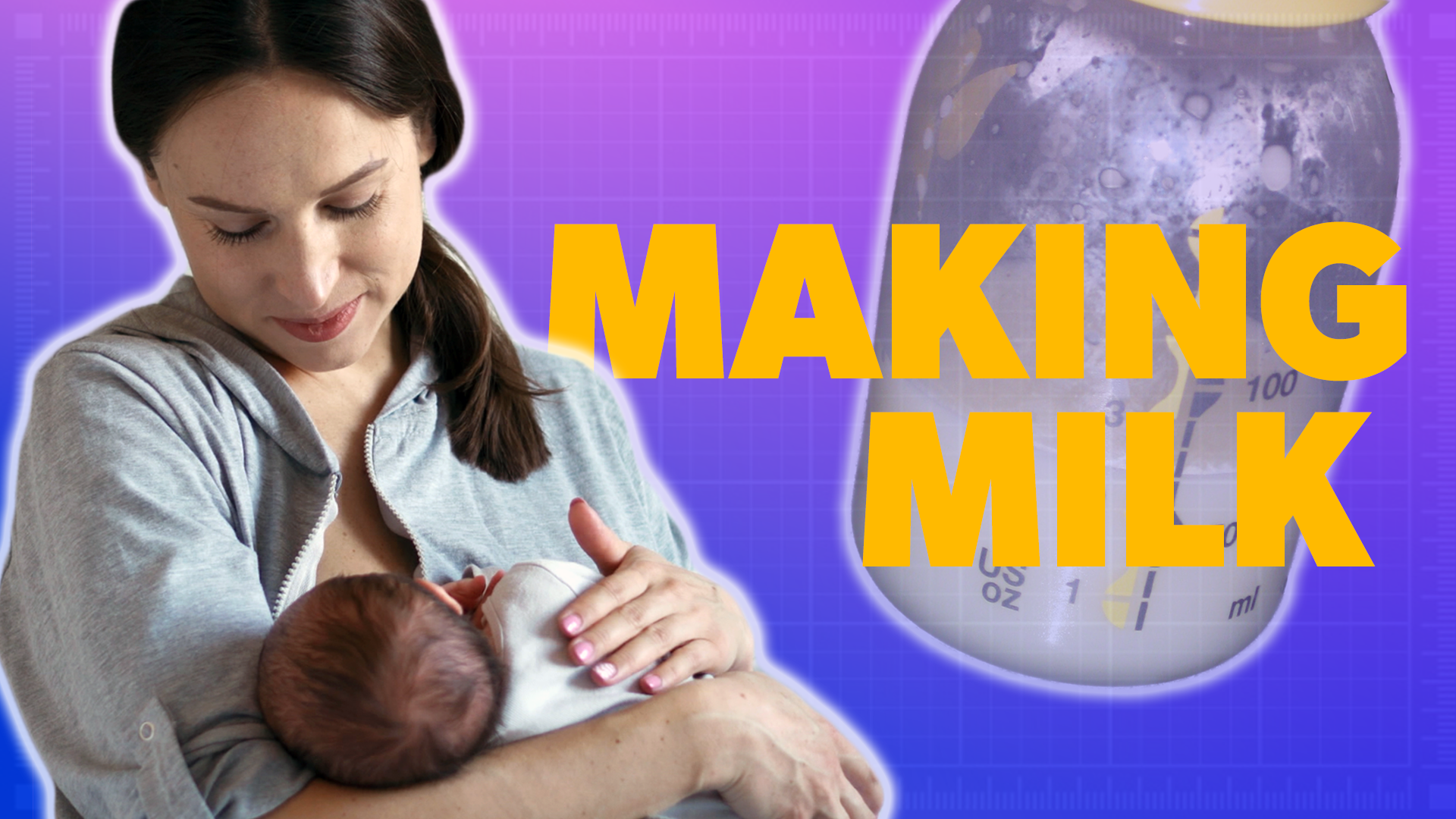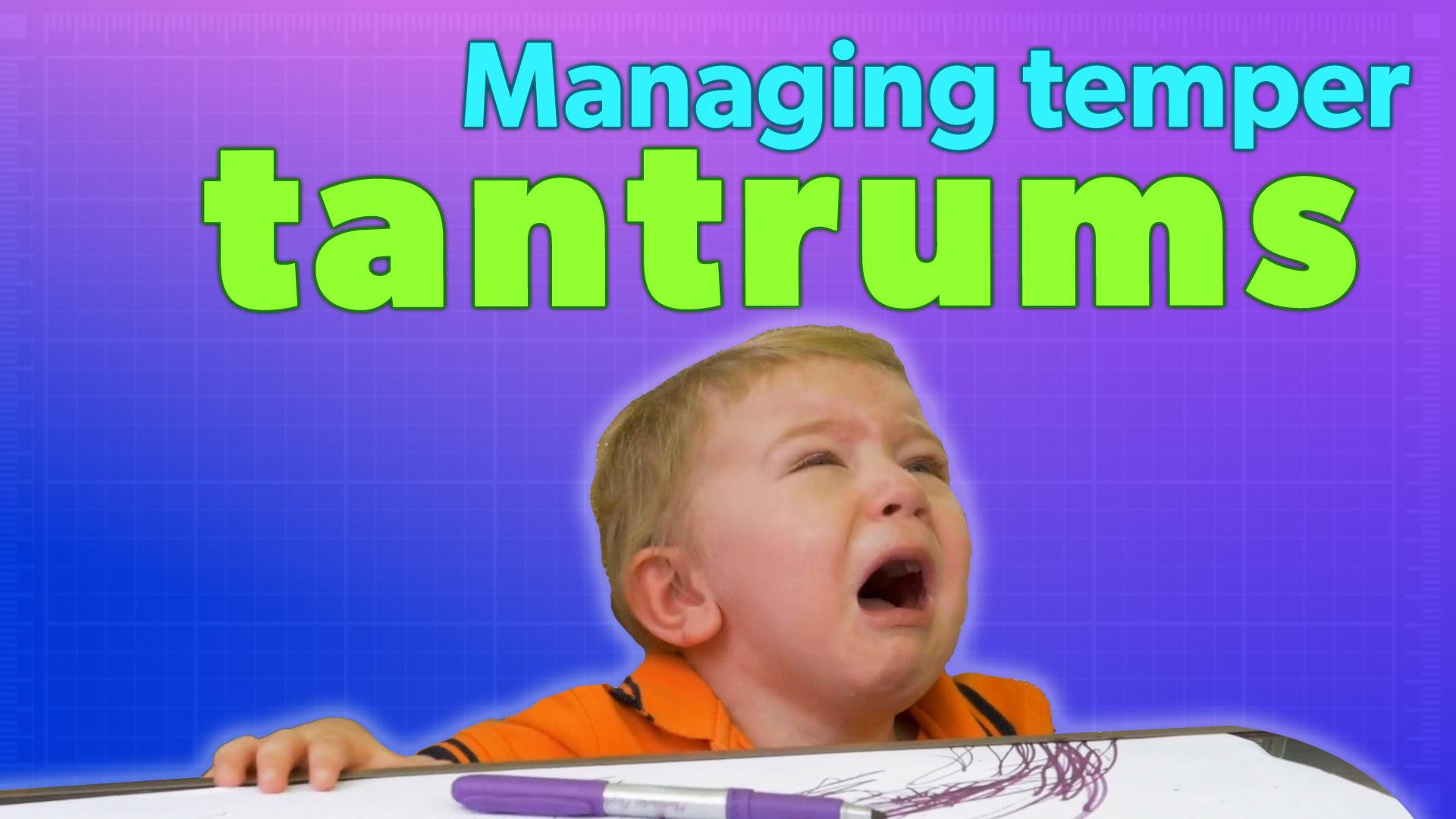The Biology of Puberty
Puberty is a wonderful, fun, uncomplicated, and totally non-awkward time for those going through it (said no one ever).
Talking to your kids about puberty can be tough. And it happens during the time many children begin to withdraw from their parents can add to the challenge. “Socially, puberty can be a disaster for teens,” co-host Alok Patel says. External stressors like school, friendships, and relationships can exacerbate the things teens and tweens experience internally: varying brain maturation, increasing sex steroids, and shifting moods. If your child’s behavior seems like more than just mood swings, it might be time to talk to them or their doctor.
Teens need lots of sleep—about eight to 10 hours on average per night—because the pituitary gland releases growth hormones during sleep, which helps the body grow and repair itself. Getting the rest to produce these chemicals, especially when kids are growing rapidly, is an important part of puberty.
Though many people have acne well into their adulthood, it’s often synonymous with puberty. If the teen in your life develops acne, you can blame the skin glands that produce sebum (the natural oil that coats and moisturizes your skin). During puberty, a surge of hormones plumps up these sebaceous glands, causing them to produce more sebum, which clogs the pores and makes them too oily. Then a bacterium called Propionibacteria acne gets trapped inside. Thus acne is born: on your teen’s face, back, chest, and even butt. Keeping the pores clean (through face washing) can help, but some teens need acne medication.
An inevitable part of puberty is having to discuss ‘the birds and the bees’ with your teen—a discussion few parents look forward to. Though it may be awkward, it’s very important to discuss sex with your teen so they can make smart, healthy, and safe decisions for their age. “If you don't feel comfortable doing it, get them in front of someone who does feel comfortable doing it,” co-host Bethany Van Delft says. The best way to help your kid through puberty, she says, is to be there for them and answer their questions honestly.
Subscribe to the YouTube channel and receive alerts when new episodes launch!

